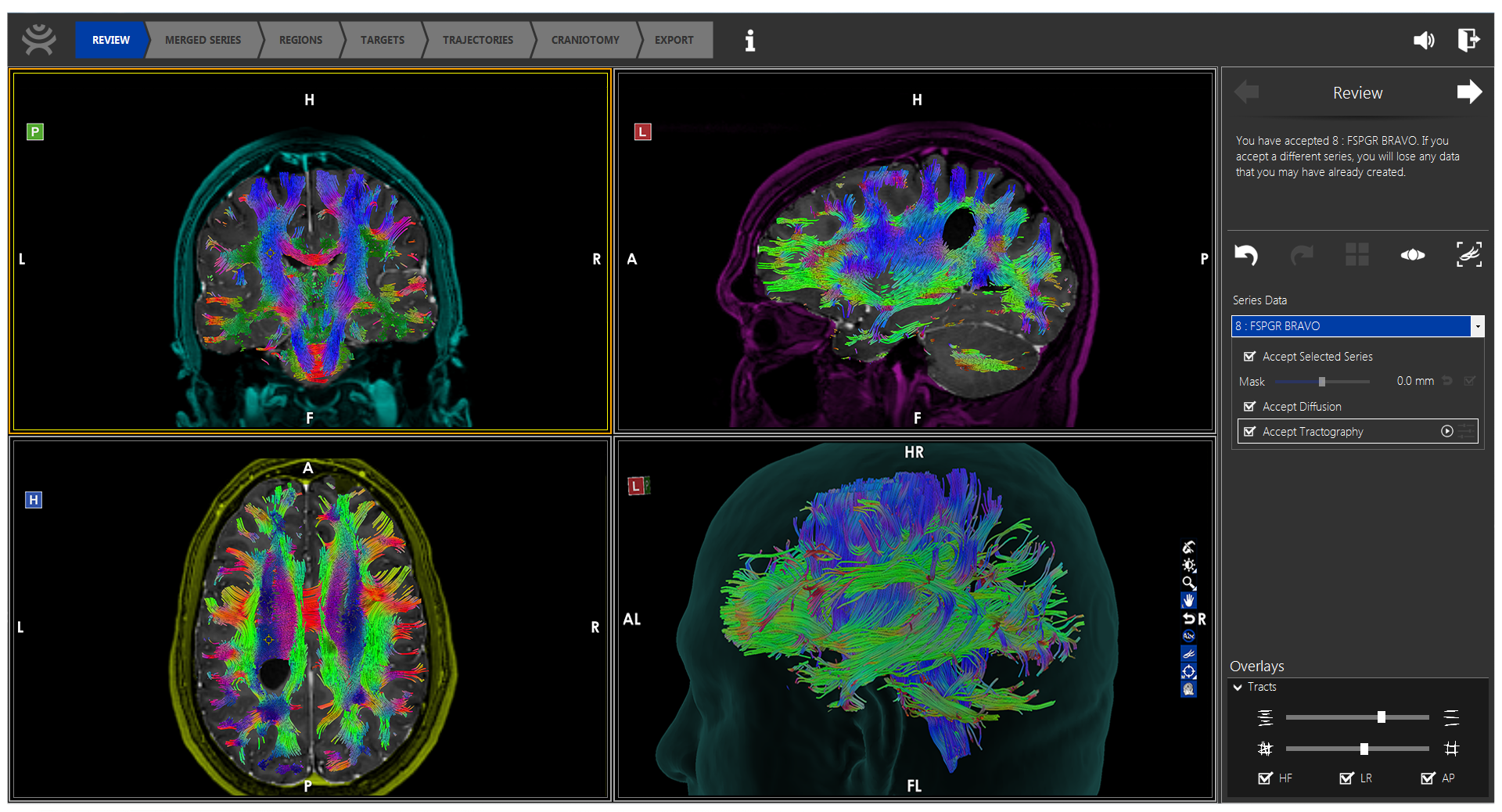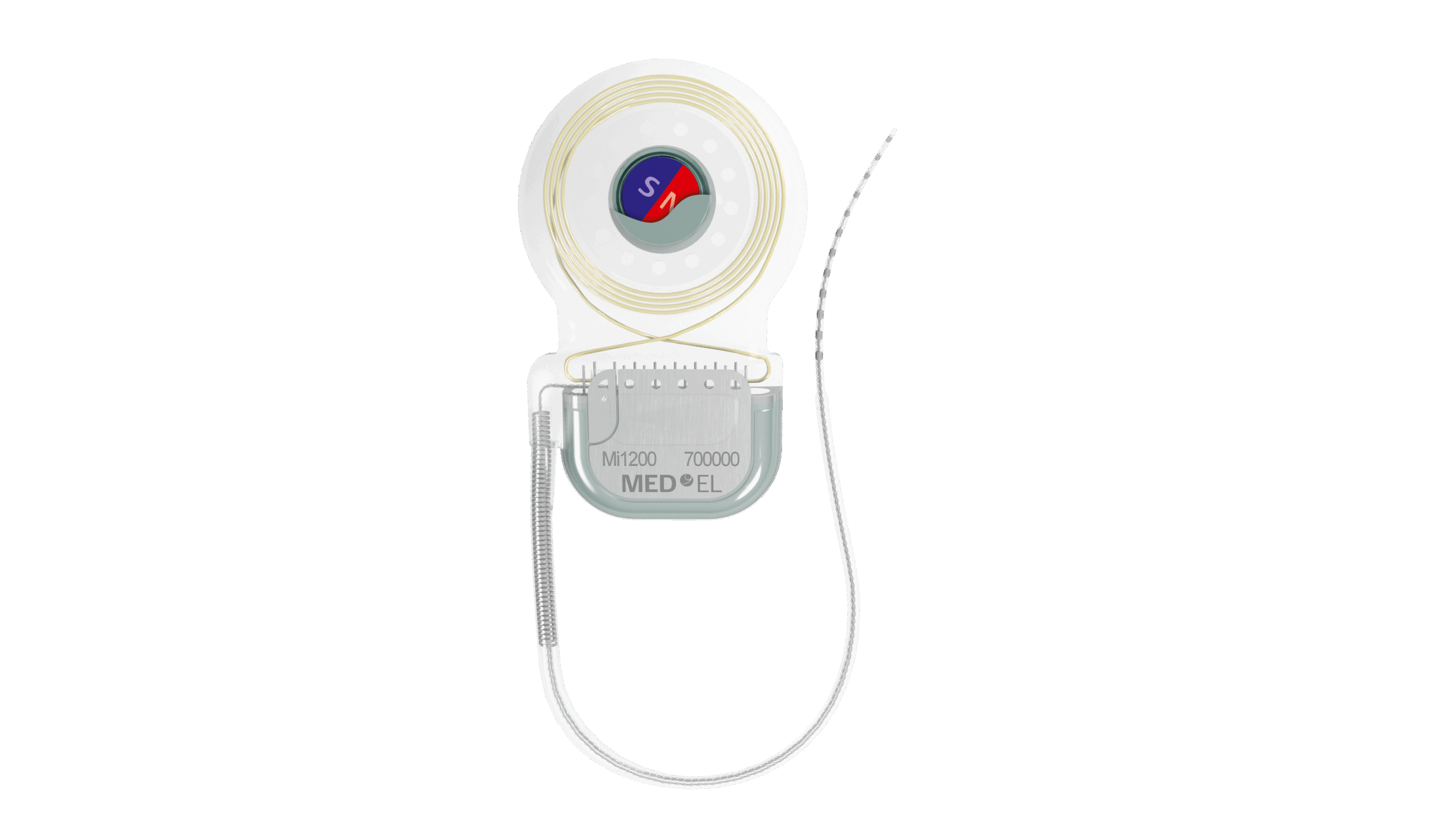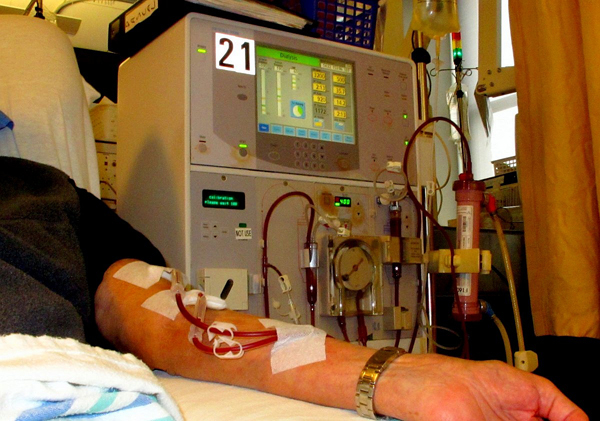Renal replacement therapy is a traditional way to help treat kidney failure but today, the US Kidney Research Corporation (USKRC) has announced a breakthrough in the world’s first implantable artificial kidney. Producing synthetic urine using a blood purifying technology is the first of its kind to be revealed by the USKRC. It involves filtration and ion transport processes that are similar to the native kidney. Their latest prototype was first tested in animals, including pigs, that lack kidney functions at the Noble Life Sciences in Maryland.
This is the world’s first ever artificial kidney technology. Many advantages will arise with the creation of this technology. Results have shown that the USKRC were able to measure the levels of potassium being removed from the blood and then transferred to the artificial urine under the control of a computer. Currently, this is a wearable artificial kidney technology with future plans to advance the technology, miniaturize the prototype and test the biocompatibility of the device for implantation.
“We are thrilled to be the first ever to accomplish this momentous breakthrough with our new artificial kidney prototype. It confirms that the electrodeionization technology we are using is right on track and that reaching our future goal of creating a wearable and ultimately an implantable artificial kidney is a real possibility. We are extremely proud of our science and medical advisor Dr. Ira Kurtz and the head of research at the University of Arkansas, Jamie Hestekin PhD, along with his staff, for their incredible work leading to this discovery,” said the founder and CEO of USKRC, Roland Ludlow.
The USKRC estimates that with enough funding, the human trails can be initiated in two to two and a half years.
The reason this technology is game-changing is because of the ability to purify the blood of patients with end-stage kidney disease without using the dialysis procedures. This changes the methodology that has been practiced for decades, causing a shift in the paradigm. By connecting advanced technology and traditional renal replacement therapy, this has a potential to unlock new ways of care for patients in need of kidney therapy.
According to the National Institute of Diabetes and Digestive and Kidney Diseases, more than 661,000 Americans have kidney failure and 468,000 of those individuals are on dialysis. Furthermore, 193,000 Americans live with a kidney transplant.










Join or login to leave a comment
JOIN LOGIN